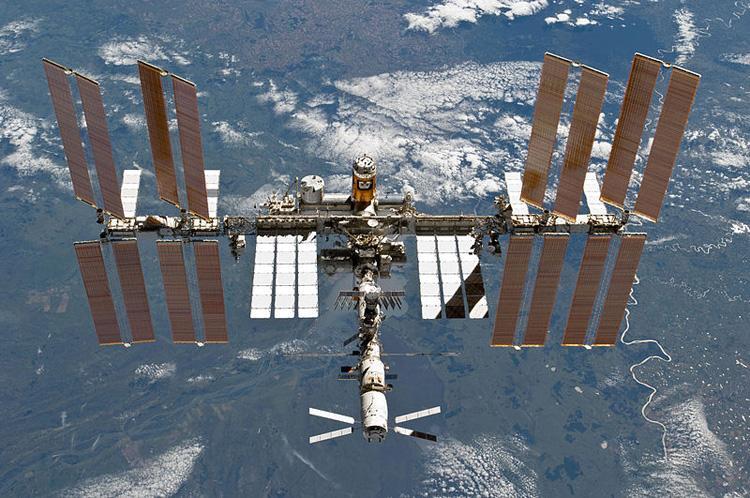Britain’s over-dependence on foreign satellites poses a serious threat that could “wreak havoc” on the country’s economy according to a soon-to-be published report.
Because around 90 percent of the information and communications networks the country’s firms rely on belong to and are controlled by foreign countries the economy is left extremely vulnerable.





